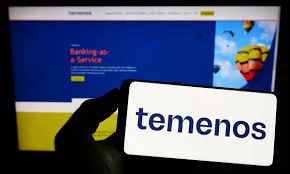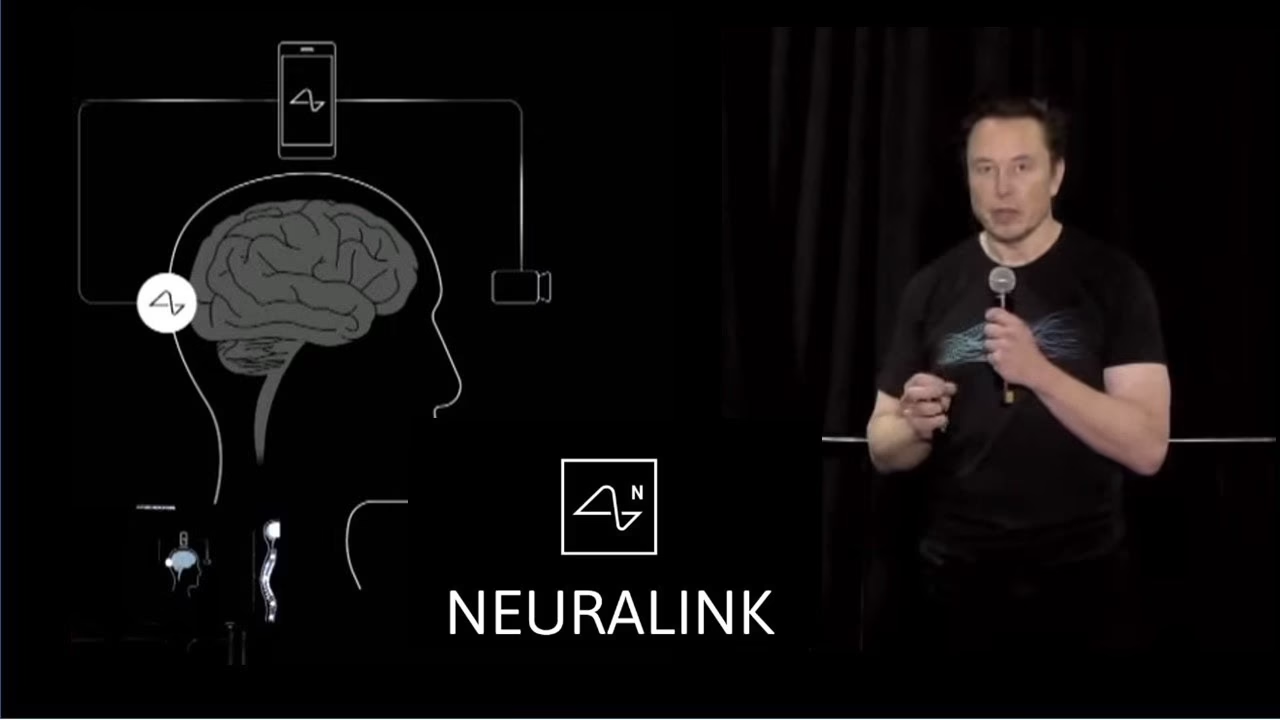Google (Alphabet Inc.) is rolling back its diversity, equity, and inclusion (DEI) initiatives, including its previous goal of hiring more employees from underrepresented groups. This move aligns with a growing trend among major U.S. companies reducing their DEI commitments.
“In 2020, we set aspirational hiring goals and expanded our offices beyond California and New York to improve representation,” said Fiona Cicconi, Alphabet’s Chief People Officer, in an internal email reviewed by Reuters. “…but in the future, we will no longer have aspirational goals.”
For years, Google was a strong advocate for inclusive policies, especially following the 2020 protests against racial injustice. That same year, CEO Sundar Pichai set a goal of increasing leadership representation from underrepresented groups by 30% by 2025. At the time, 96% of Google’s U.S. leadership was white or Asian, and 73% of its global leadership was male.
By 2021, Google had started evaluating executive performance based on diversity and inclusion efforts. In 2024, Chief Diversity Officer Melonie Parker stated that the company had achieved 60% of its five-year diversity goals. However, an Alphabet spokesperson on Wednesday declined to provide updated figures on Pichai’s original targets.
Google’s recent annual filing with the U.S. SEC omitted a statement that had appeared in reports from 2021 to 2024: “We are committed to making diversity, equity, and inclusion part of everything we do and to growing a workforce that is representative of the users we serve.” A company spokesperson said this removal reflects an ongoing review of DEI programs.
Pushback and Industry Trends
Alphabet’s shift has sparked criticism from labor groups. Parul Koul, President of the Alphabet Workers Union (AWU), called the move “a real attack on gains workers have made in the tech industry against racism, gender, and LGBTQ discrimination.” She linked it to a broader right-wing, anti-worker movement within tech companies.
Other major corporations have also scaled back DEI initiatives:
- Meta (Facebook’s parent company) announced in January that it was discontinuing DEI hiring, training, and supplier programs.
- Amazon stated in an internal memo that it was phasing out older diversity-related programs.
These decisions coincide with increased legal and political scrutiny of DEI efforts, particularly after the 2023 U.S. Supreme Court ruling against affirmative action in university admissions. Conservative groups have intensified opposition, arguing such programs violate anti-discrimination laws.
Google’s Status as a Federal Contractor
As a government contractor, Google is also reviewing its policies in response to recent legal and policy changes under President Donald Trump. “Our teams are evaluating changes required to comply with recent court decisions and U.S. Executive Orders,” Cicconi noted in her email.
Despite these rollbacks, Google will maintain internal employee resource groups such as “Trans at Google,” “Black Googler Network,” and the “Disability Alliance.” These groups help shape company policies and product development.
With corporations facing mounting legal challenges and political pressure, Google’s move signals a significant shift in how major tech firms approach diversity and inclusion in the workplace.



